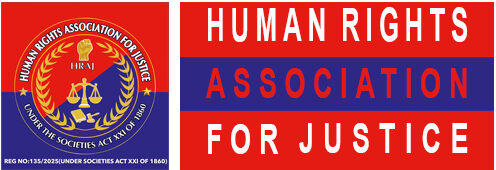Monitoring and Reporting of Human Rights Violations
Introduction
Monitoring and reporting human rights violations is crucial for holding governments and institutions accountable and ensuring justice for victims. It helps expose abuses, gather evidence, and influence policy reform.
🔹 What is Human Rights Monitoring?
Monitoring is the process of:
-
Observing and documenting rights violations
-
Collecting evidence (testimonies, photos, legal records)
-
Analyzing patterns and systemic abuse
-
Reporting to national or international bodies
🔹 Who Conducts Monitoring?
-
Non-Governmental Organizations (NGOs)
-
Human Rights Watch, Amnesty International, etc.
-
-
International Bodies
-
United Nations Human Rights Council, OHCHR
-
-
Independent Commissions and Ombudspersons
-
Citizen Journalists and Community Observers
🔹 What Gets Monitored?
-
Civil and political rights (e.g., freedom of speech, fair trial)
-
Social and economic rights (e.g., access to healthcare, education)
-
Discrimination and hate crimes
-
Police brutality and torture
-
Refugee and migrant treatment
-
Conditions in prisons and detention centers
🔹 How Are Violations Reported?
-
Field Investigations
-
Interviews with victims and witnesses
-
Site visits and documentation
-
-
Public Reports and Alerts
-
Periodic reports, press releases, and urgent appeals
-
-
Legal Submissions
-
Complaints submitted to courts or UN treaty bodies
-
-
Whistleblower Platforms
-
Secure tools for anonymous reporting (e.g., Signal, GlobaLeaks)
-
🔹 International Reporting Mechanisms
-
UN Universal Periodic Review (UPR)
-
Special Rapporteurs
-
Regional courts (African, Inter-American, European Human Rights Courts)
-
Treaty monitoring bodies (e.g., CEDAW, CAT, ICCPR committees)
🔹 How Individuals Can Report Violations
-
Contact a trusted human rights NGO
-
File complaints with national human rights institutions
-
Use secure apps or online platforms to document incidents
-
Report anonymously to whistleblower protection services
🔹 Key Monitoring Tools and Platforms
-
Ushahidi – Community mapping of human rights violations
-
Amnesty Decoders – Crowdsourced data analysis
-
EyeWitness to Atrocities – Verified visual documentation
-
OHCHR Complaints System – Official UN submission portal
🔹 How Monitoring Helps
-
Brings international attention to hidden abuses
-
Informs policy and legislative reform
-
Provides evidence in legal and criminal proceedings
-
Empowers communities to demand change
🔹 Get Involved
-
Join a citizen monitoring program or local observatory
-
Train as a community human rights monitor
-
Share resources and raise awareness online
-
Report violations you witness or experience
